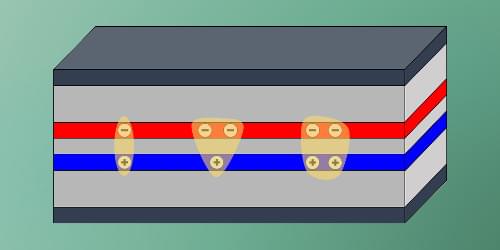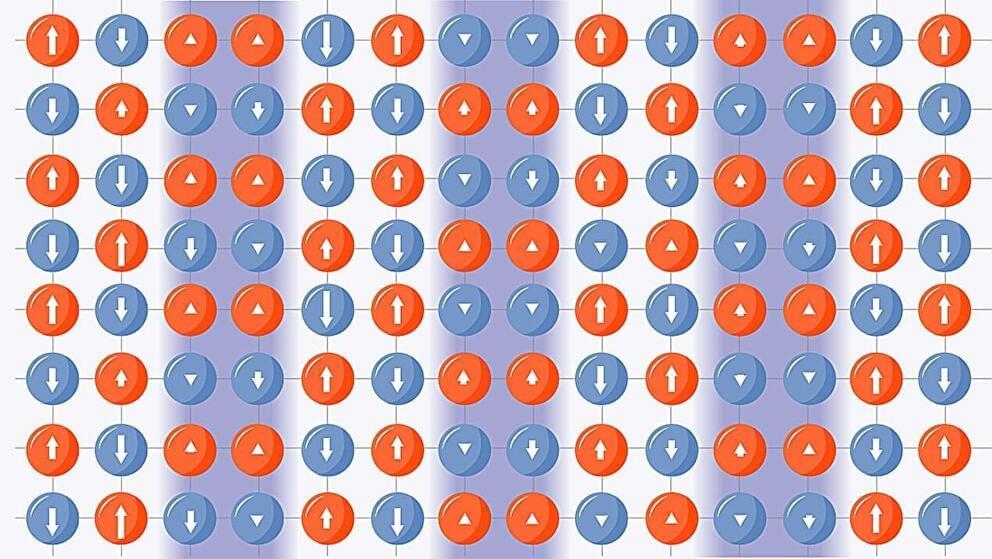
A study focusing on childhood maltreatment in Australia has uncovered its alarming impact, estimating it causes up to 40 percent of common, life-long mental health conditions.
The mental health conditions examined were anxiety, depression, harmful alcohol and drug use, self-harm, and suicide attempts. Childhood maltreatment is classified as physical, sexual, and emotional abuse, and emotional or physical neglect before the age of 18. Childhood maltreatment was found to account for 41 percent of suicide attempts in Australia, 35 percent for cases of self-harm, and 21 percent for depression.
The analysis, published in JAMA Psychiatry is the first study to provide estimates of the proportion of mental health conditions in Australia that arise from childhood maltreatment. The researchers said the results are a wake-up call for childhood abuse and neglect to be treated as a national public health priority.


















